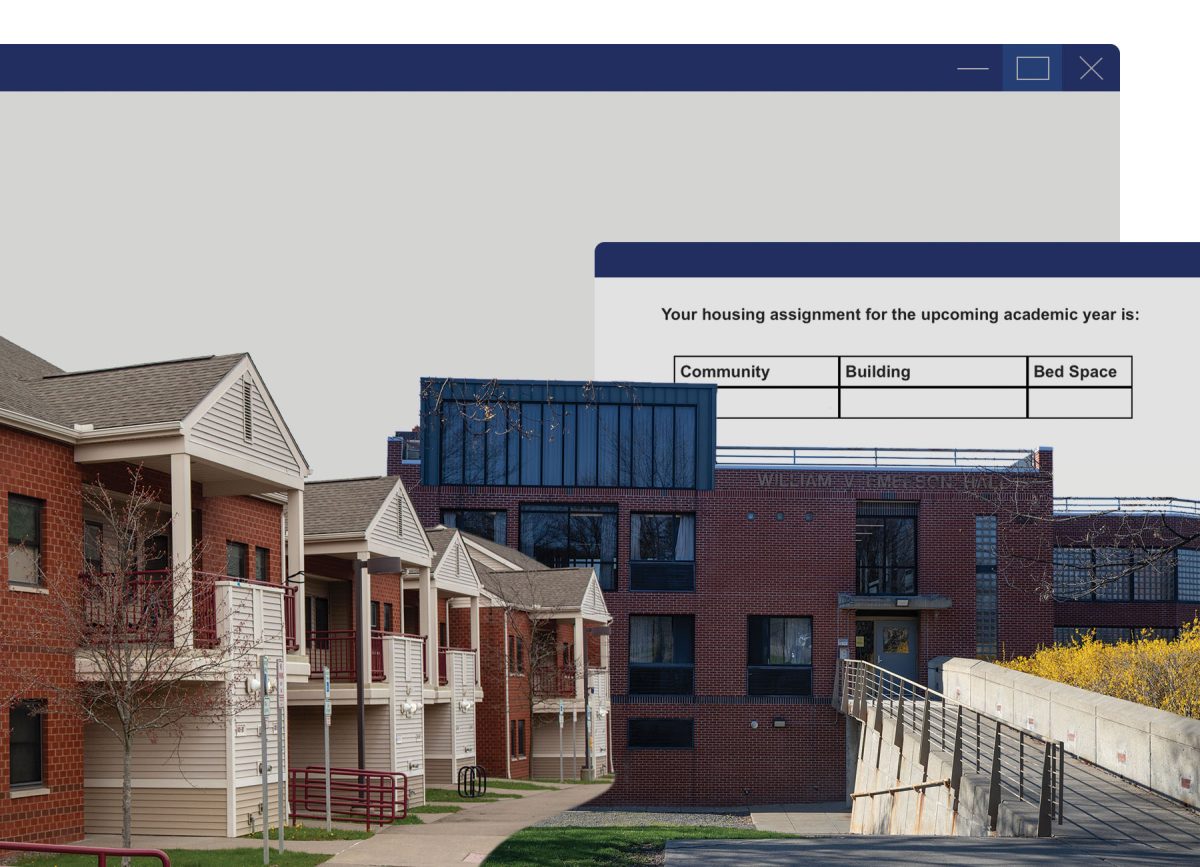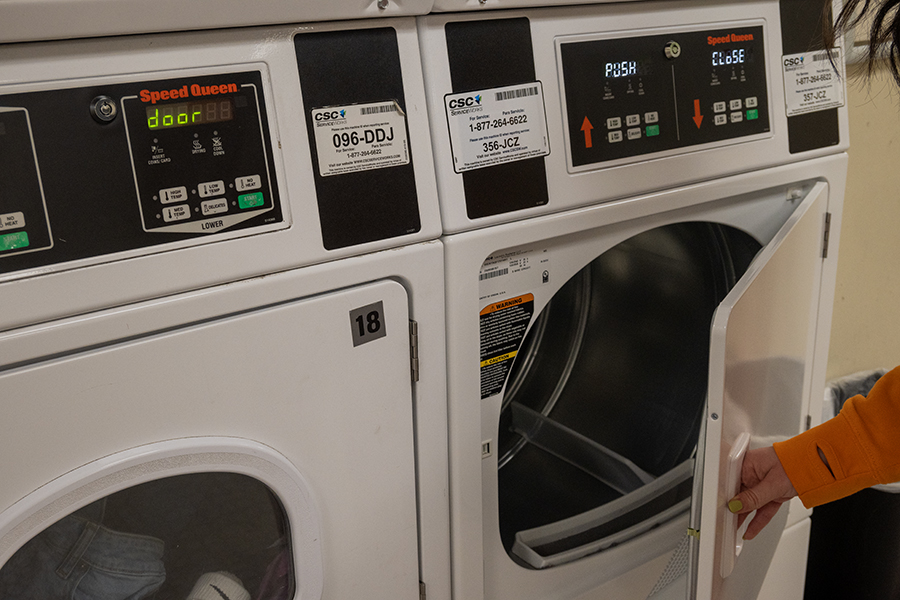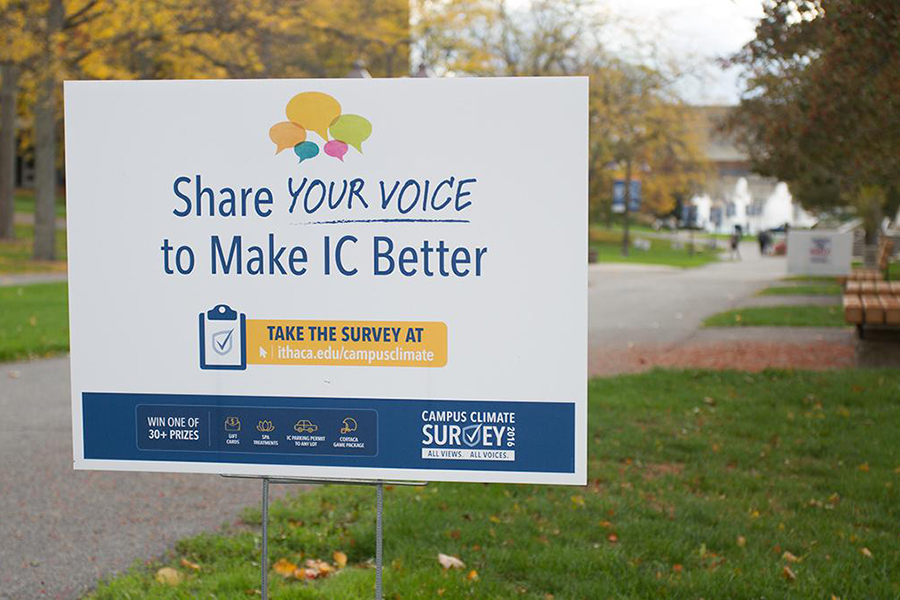The Tompkins Consolidated Area Transit bus company has received funding through the Federal Transit Administration’s National Fuel Cell Bus Program to pilot a hydrogen-powered bus in 2014.
The program works with the government and manufacturers to advance the commercialization of fuel cell technology in U.S. transit buses. More than $60 million have been granted to projects nationally.
The U.S. Department of Transportation is allocating $13.6 million for cleaner forms of energy, according to the Federal Transit Administration. TCAT is one of three organizations to receive one of these buses.
Doug Swarts, service development manager at TCAT, said the FTA will provide the bus at no expense to his company.
“The bus that TCAT is receiving is coming at no cost to the company,” he said. “They’re calling it a demonstration project. There will be testing on data analysis as a part of it.”
Swarts said there will be no increase in cost to ride the bus.
He said the hydrogen TCAT bus will use a hydrogen filling station, which will be located downtown and eventually open to the public.
“Hydrogen fuel cells are a maturing technology that is more or less ready to go out to the market,” he said. “I understand that even private passenger cars will be sold by auto manufacturers starting next year or 2015.”
Paul Mutolo, director of external partnerships at Cornell University’s Energy Materials Center, said hydrogen fuel cells are environmentally friendlier than gas power or even electric power. The average mileage per charge for electric cars is 92. Meanwhile, hydrogen-based cars are expected to travel around 300 miles on a single tank of hydrogen, Mutolo said.
“The experience for the car driver is very similar to their experience with a gasoline-powered car,” Mutolo said. “Yet they’re driving a very efficient electric vehicle that only has water coming out of the tailpipe.”
Chris Sinton, assistant professor of environmental studies and sciences at Ithaca College, said these water vapor emissions would be beneficial in urban environments.
“For an urban environment it is very helpful, because you don’t have any pollutants such as nitrogen oxide or particulates associated with diesel fuel that pose a direct health hazard,” Sinton said.
Research around hydrogen as a source of fuel began in the 1990s. It is not foreign to the American market, Sinton said.
“There was a large push for the hydrogen economy and fuel cells as a research topic,” Sinton said. “I know Honda had their fuel-cell car. This is older technology that is now resurfacing during the social environmental trend that is currently going on.”
Mutolo, who was also in charge of the grant awarded to TCAT, Cornell and several other companies, said hydrogen cells are efficient.
“Hydrogen fuel cells are actually the most efficient way we know to make electricity,” Mutolo said. “We want to make sure that we’re producing that hydrogen in a sustainable, zero-footprint way.”
Cornell’s Atkinson Center for a Sustainable Future is currently conducting research into hydrogen fuel cells, Mutolo said.
“There is ongoing research at Cornell and among some of our partners to look at new materials both for fuel cells and bringing their cost down as well as bringing their efficiency up,” he said.
While not many people are thinking about hydrogen as energy alternative now, Mutolo said fuel cells will be more prominent in the future.
“There is a large misconception with the public that fuel cells are off in the future,” he said. “Really they’re here and are about to be here with automobiles.”
Standard Hydrogen Corporation, Mutolo’s locally based business, will supply the hydrogen station. He said he expects the new public hydrogen station will be more accessible to college students and members of the community.
“We saw this as an opportunity to establish the first hydrogen filling station for Ithaca and have TCAT be the first customer,” Mutolo said.






